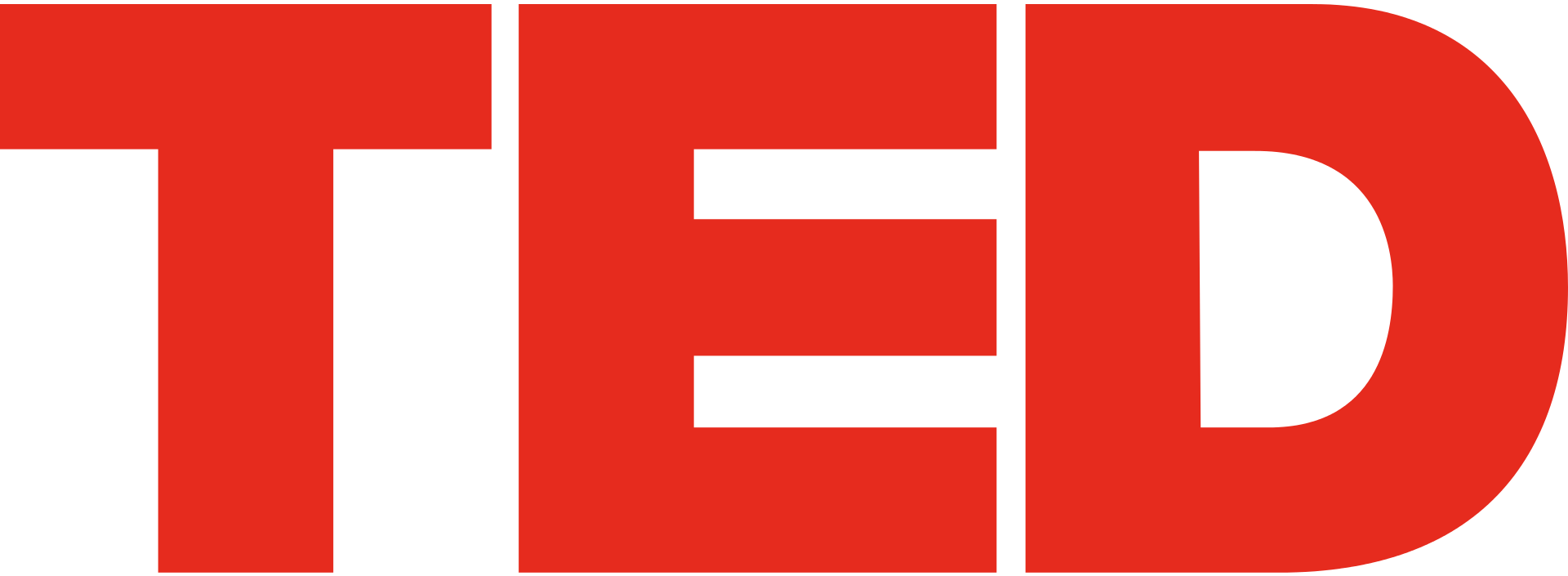Title of the work
Country of the First Edition
Country/countries of popularity
Original Language
First Edition Date
First Edition Details
What Did Democracy Really Mean in Ancient Athens? Jeremiah Dickey, Director, Melissa Schwartzberg, Educator, Alex Gendler, Script Editor. TED-Ed Lessons Worth Sharing, Series Government Declassified. ed.ted.com, March 24, 2015, 4:51 min (accessed: August 21, 2018).
Running time
Official Website
ed.ted.com (accessed: August 21, 2018)
Available Onllne
youtube.com (accessed: August 21, 2018)
Genre
Animated films
Instructional and educational works
Internet videos
Short films
Cover

We are still trying to obtain permission for posting the original cover.
Author of the Entry:
Joanna Kłos, University of Warsaw, joanna.klos@student.uw.edu.pl
Peer-reviewer of the Entry:
Elżbieta Olechowska, University of Warsaw, elzbieta.olechowska@gmail.com
Lisa Maurice, Bar-Ilan University, lisa.maurice@biu.ac.il

Logo retrieved from Wikipedia, public domain (accessed: December 8, 2021).
TED (Company)
TED: Technology, Entertainment, Design (accessed: July 6, 2018) is a media organization focused on “ideas worth spreading”, which organizes conferences and creates online talks for free distribution. One of its initiatives is TED-Ed (ed.ted.com), an online platform hosting short interactive lessons. Each lesson consists of four sections:
– Watch – animated educational video (available also on YouTube);
– Think – a short quiz about the video’s content;
– Dig Deeper – a concise text on where to search for more information on the topic (providing mainly hyperlinks to educational websites rather than “traditional” bibliographical references);
– Discuss – a forum with two types of discussions: Guided (i.e. created by the educators), and Free (i.e. created by the viewers).
Prepared by Joanna Kłos, University of Warsaw, joanna.klos@student.uw.edu.pl

Alex Gendler (Scriptwriter)
Alex Gendler born in Kharkiv, Ukraine emigrated to the US as a child. He holds a BA (2007) in English and Philosophy from Lafayette College and an MA (2009) in interdisciplinary humanities from New York University; he is also interested in the internet culture and animal videos. He worked as translator for PBS News Hour and since 2013, he has been a freelance script writer and editor for TED-Ed and Ted Conferences.
Sources:
LinkedIn profile (accessed: July 2, 2018)
Twitter profile (accessed: July 2, 2018)
Bio prepared by Joanna Kłos, University of Warsaw, joanna.klos@student.uw.edu.pl

Melissa Schwartzberg
Melissa Schwartzberg (MA in Classics and Political Science 1996 Washington University in St. Louis, PhD 2002 New York University) is a professor of politics at New York University, specializing in political theory; currently also a Visiting Fellow at Princeton’s University Center for Human Values. In her research she concentrates on the history and normative logic of democracy, she has special interest in ancient Athens and ancient democracy. She has authored more than a dozen papers and two books: Democracy and Legal Change (2007), and Counting the Many: The Origins and Limits of Supermajority Rule (2014), the latter was 2016 Spitz Prize (International Conference for the Study of Political Thought).
Sources:
Official website (accessed: March 30, 2017).
Melissa Schwartzberg’s university website (accessed: June 25, 2018).
Bio prepared by Joanna Kłos, University of Warsaw, joanna.klos@student.uw.edu.pl
Summary
The video shows a young woman surprised by the information that she won a lottery with an all but typical (at least for today’s standards) prize – a position in her country’s national legislature. This may seem strange, as today we understand democracy as a political system based on elections, not lotteries. Yet in ancient Athens things worked differently: elections were organized only for positions requiring high competences, such as generals; all of the other magistrates – including the members of the boule (council) – were chosen by lot (rather than ballot) from a given pool in which every active citizen could have been included as a volunteer (ho boulomenos). This means that Athenian democracy from 5th century BCE was a direct one, each one of about 30, 000 citizens was able to attend ecclesia and give a speech there. Next, the political tensions from the earlier periods that resulted in the birth of democracy are presented. The system had its own ideology, according to which being an active citizen was a duty. Nevertheless, from our point of view Athenian democracy was based on exclusion, as its institutions were closed to women, slaves and foreigners.
From the final comments in the video we find out that Plato criticized democracy, but today the concept is so highly acclaimed that even dictators and regimes like to call their countries “democratic”. Another problem is that modern democracy, with its system of representation, led to the existence of professional political groups, who ignore the basic interests of their voters. Also, even today, citizens who are not deeply engaged in politics can be forced to participate as members of jury, and called for deliberative polls and assemblies.
The section “Discuss” contains one guided discussion: “Would it improve democracy in the United States or elsewhere to fill certain political offices by lottery?” with 32 answers so far, and one open discussion.
As at March 30, 2017 the video has been viewed 215282 times; it gained 2725 “thumbs up” and 143 comments on YouTube.
Analysis
The videos serves as a didactic tool, which helps young people learn basic information about ancient political culture, but also ponder the conclusions while interacting with the material’s providers through discussions and You Tube comments. This reinforces the classical world’s position as a vivid and important topic in contemporary educational discourse.
The topic of the roots of democracy appears even more valuable in today’s world where the democratic tradition is repeatedly contested, both by dictators and by populist although democratically elected politicians.
Further Reading
Schwartzberg, Melissa, Democracy and Legal Change, New York: Cambridge University Press, 2007.
Schwartzberg, Melissa, Counting the Many: The Origins and Limits of Supermajority Rule, New York: Cambridge University Press, 2014.
Vermeule, Adrian, "The Filibuster Does Not Protect Minority Interests” [Melissa Schwartzberg reviewed], New Republic , November 15, 2014 (accessed: August 21, 2018).


